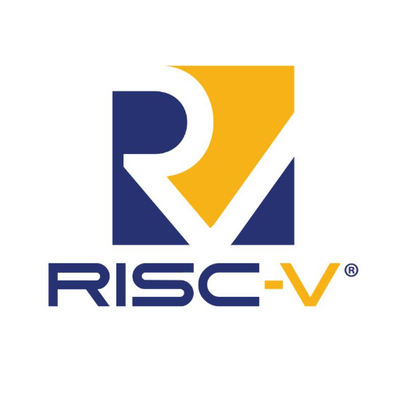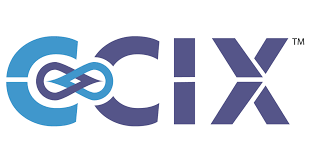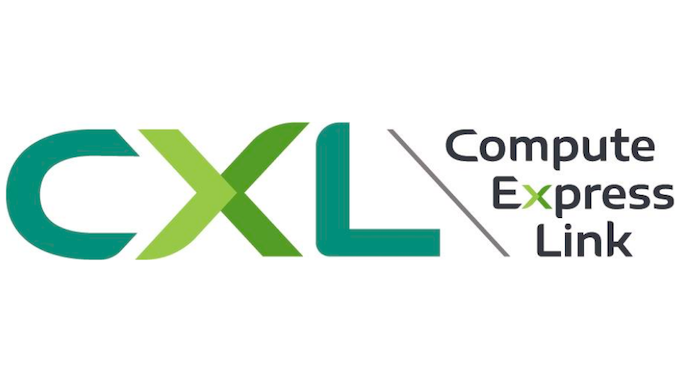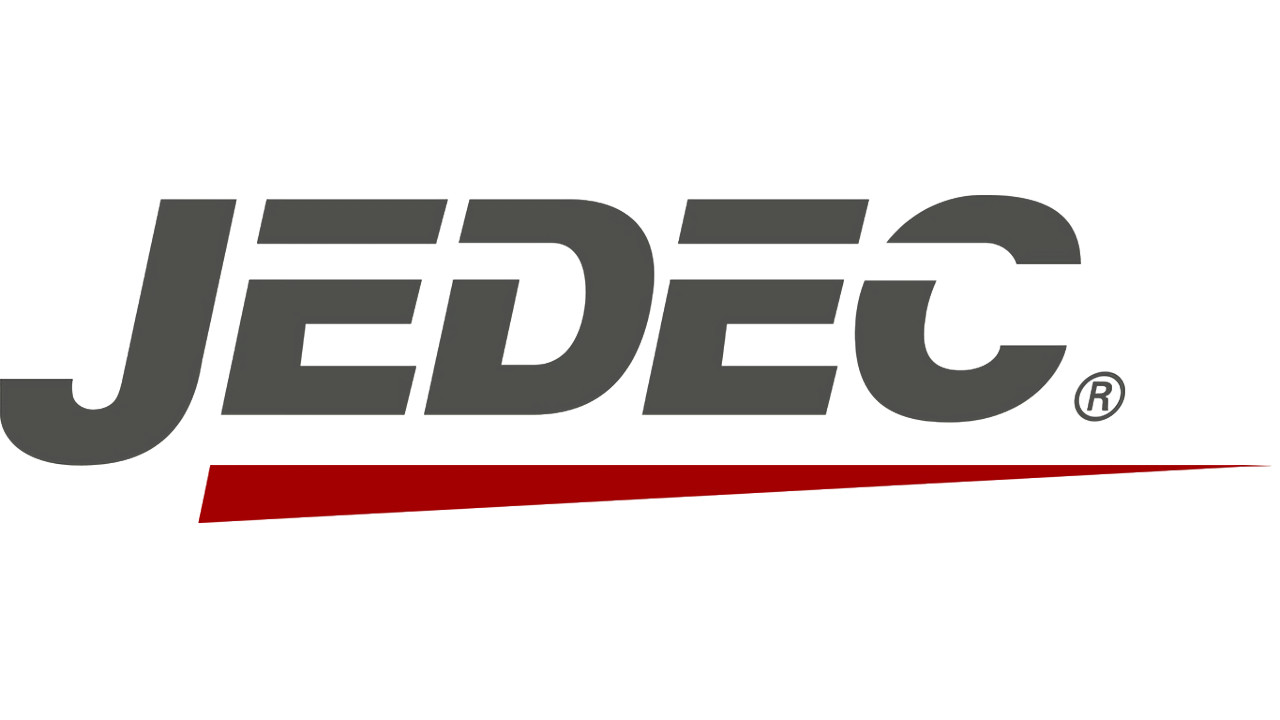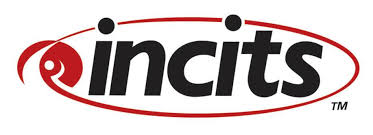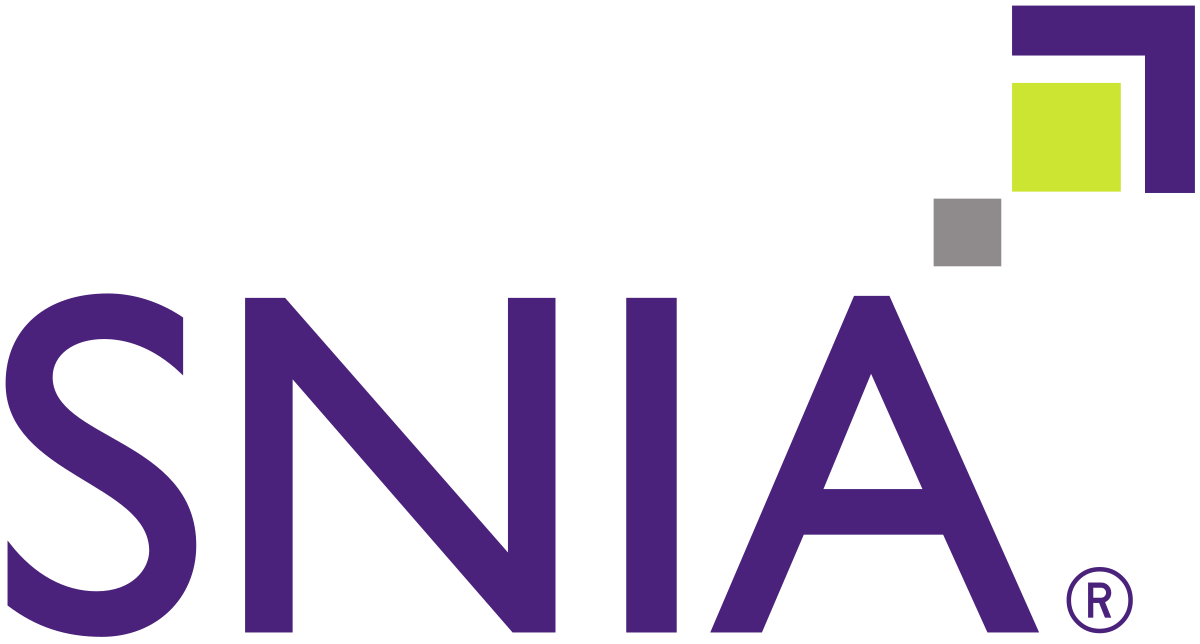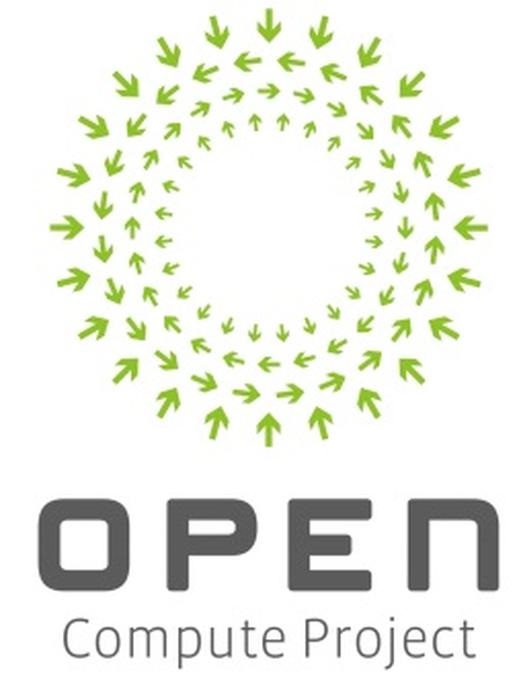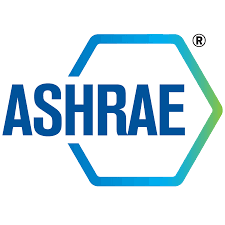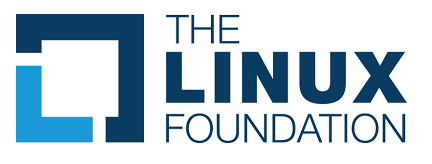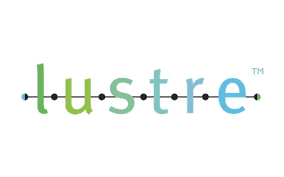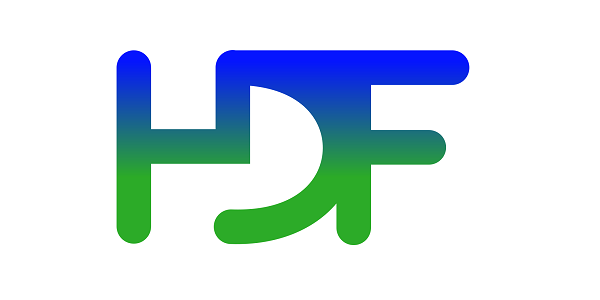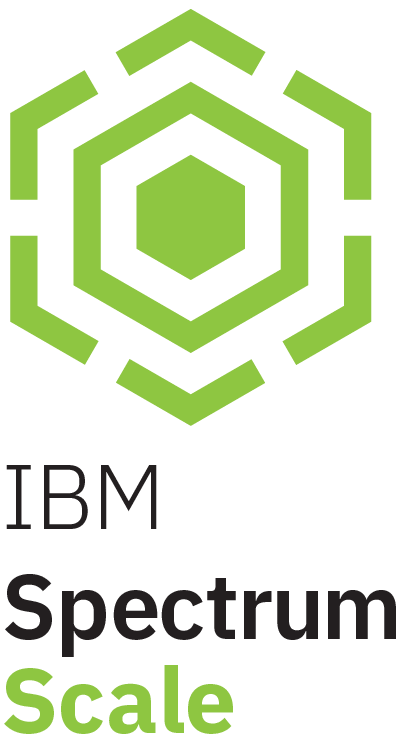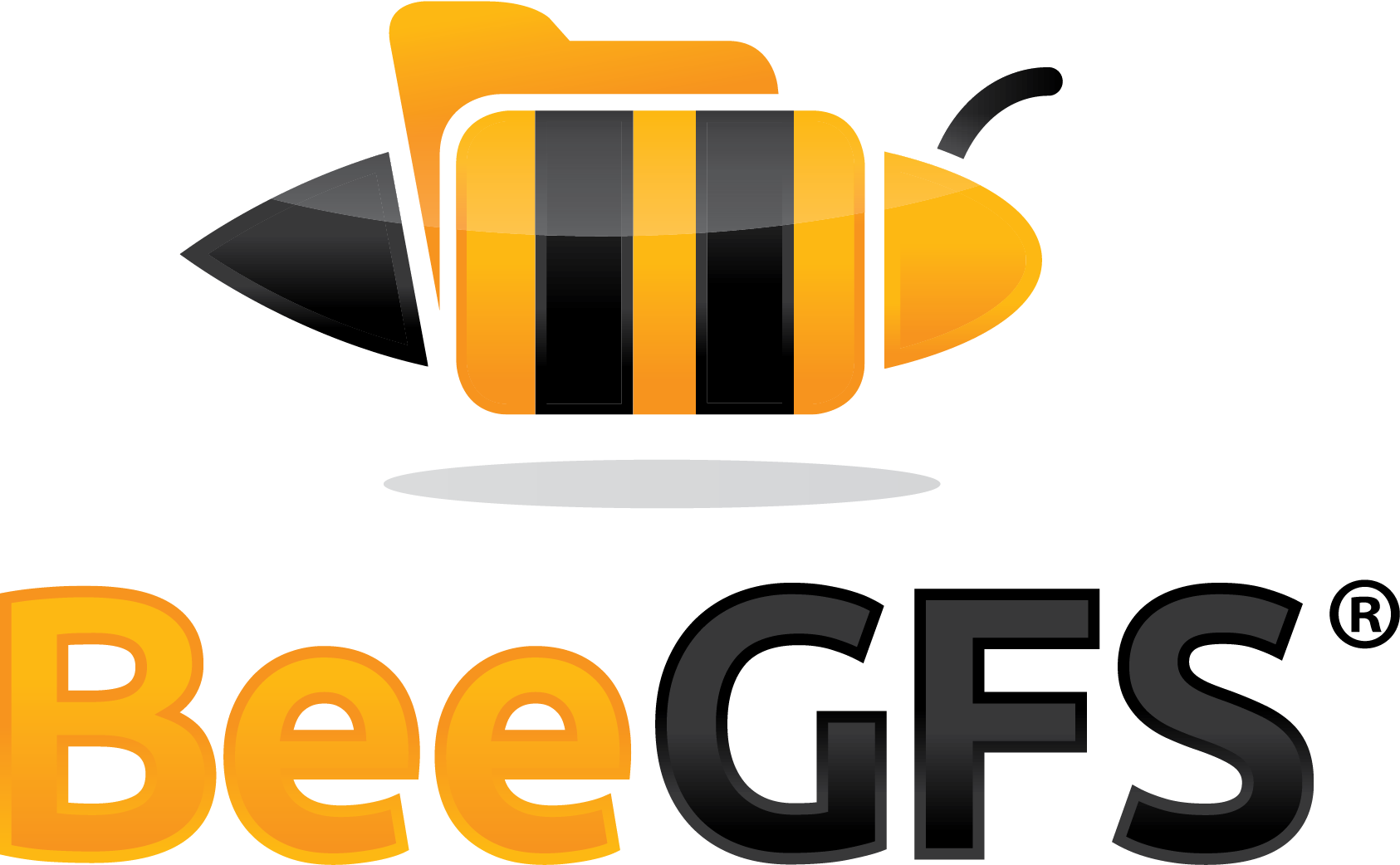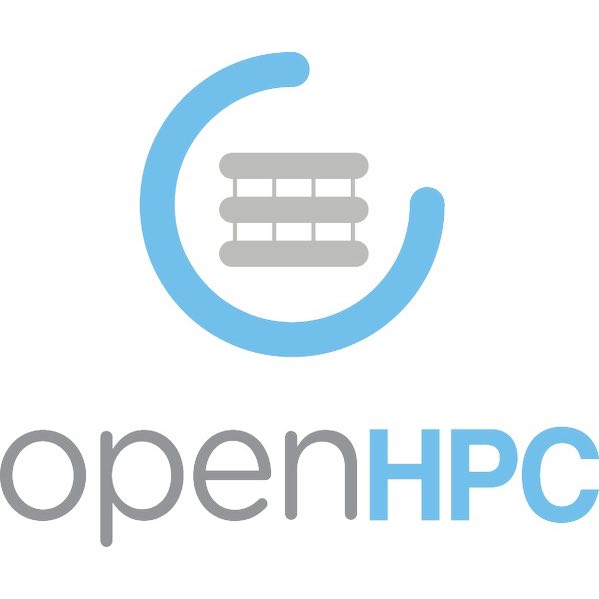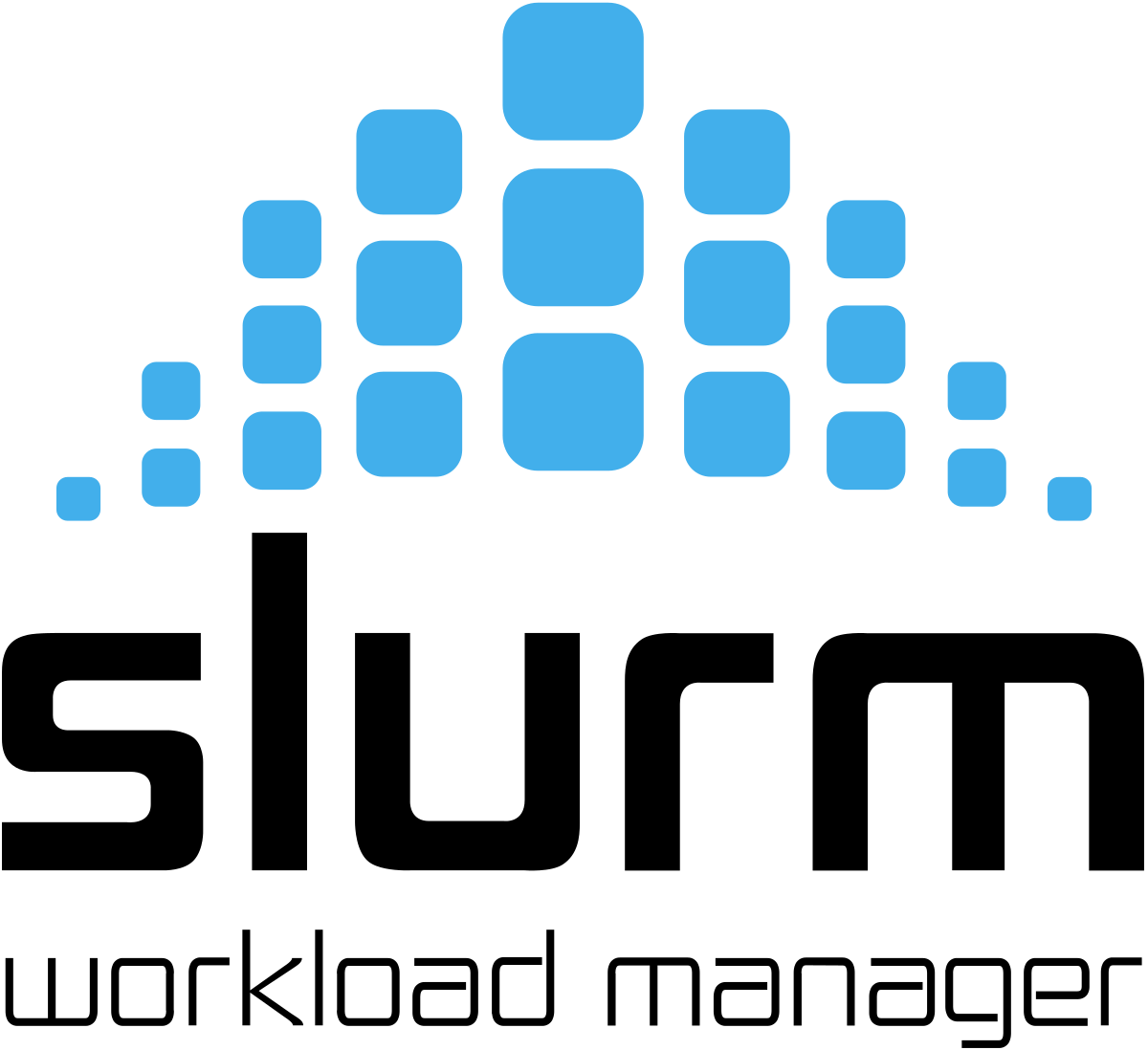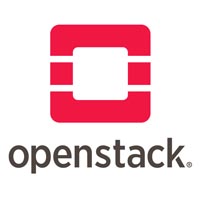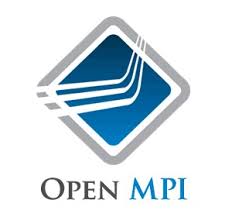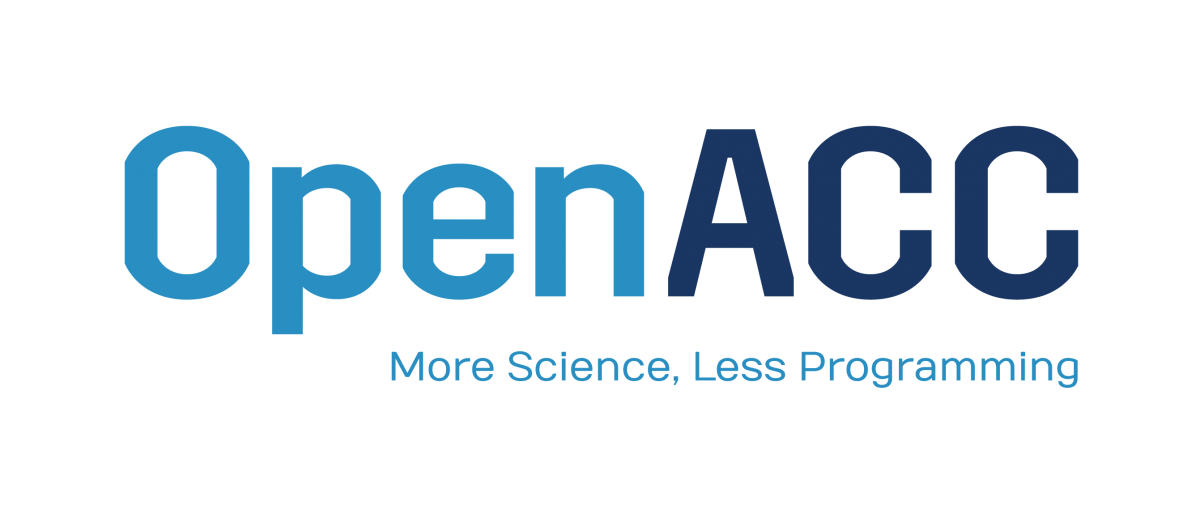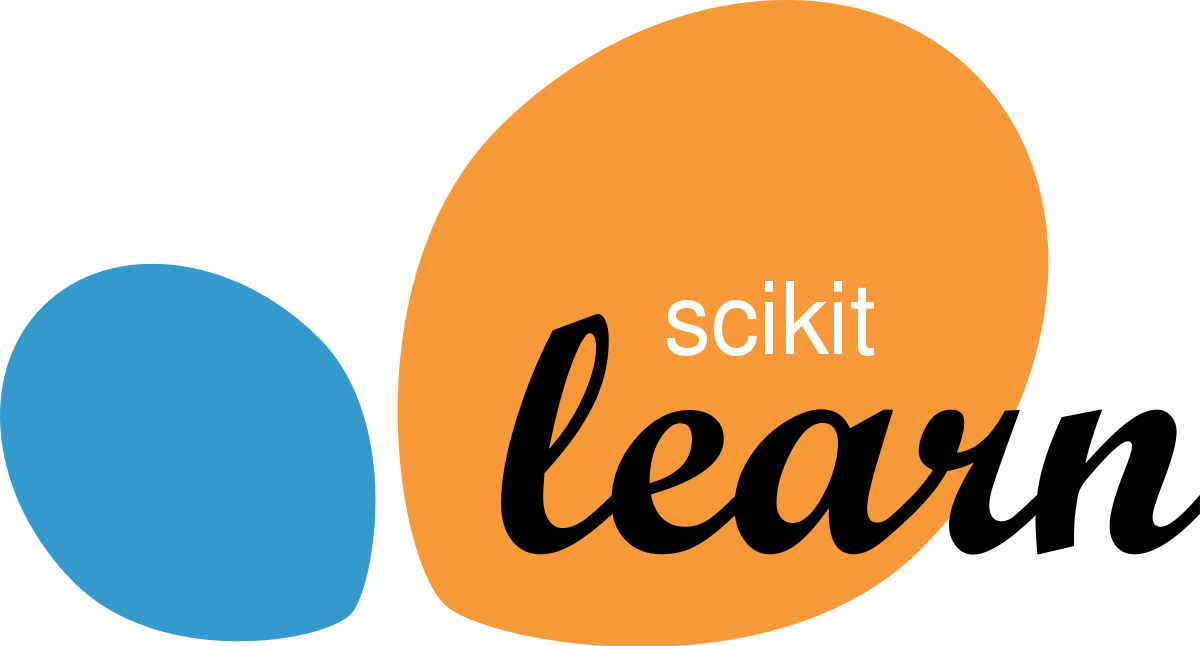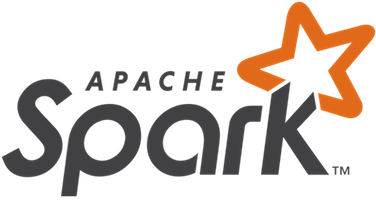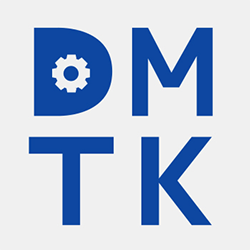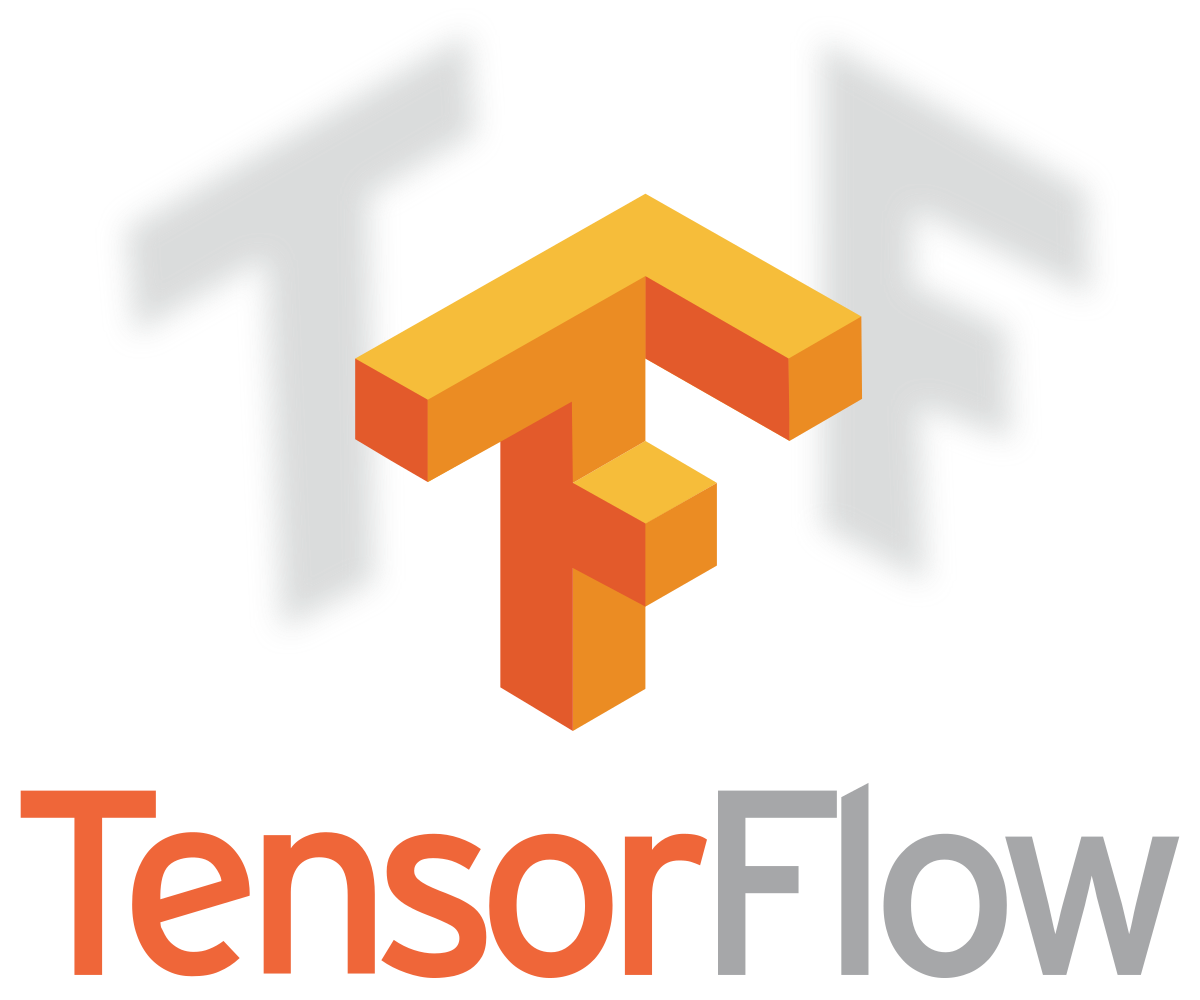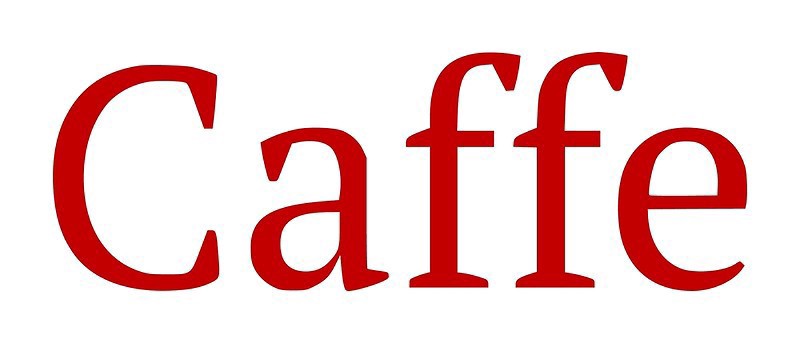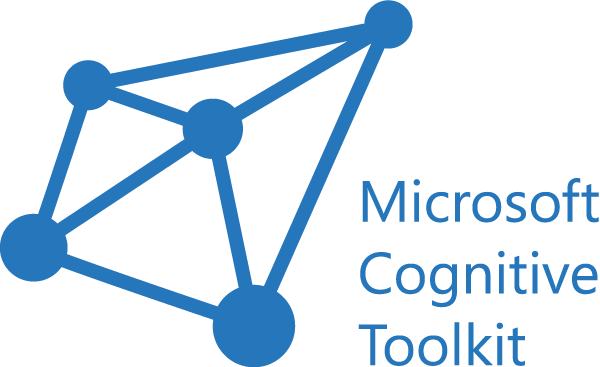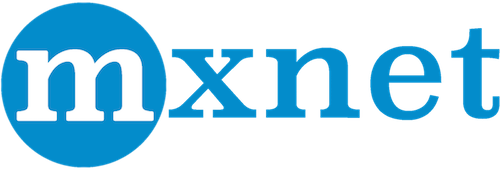The rise of HPC in the digital continuum is creating new challenges in terms of standards. Europe can be a significant player and develop a sound and dynamic environment for the emergence of new scientific, industrial and societal applications of HPC with a more active approach to standards.
EXDCI-2 assessed the position of Europe in HPC related standardisation organisations. The analysis has shown that Europe’s presence in international standard organisations is limited, with most of the standard organisations controlled by US-based organisations. In order to keep up, Europe must invent a mechanism to ensure its continuous presence in standard management.
Below we present the most relevant organisations active in standardisation that impact the HPC domain. The organisations are segmented according to the HPC value chain:
- Hardware oriented standards
- Management software stack oriented standards
- Programming model software oriented standards
- Application software oriented standards
Hardware oriented standards
Management software stack oriented standards
Programming model software oriented standards
A domain-specific language (DSL) is a computer language specialised to a particular application domain. This is in contrast to a general-purpose language (GPL), which is broadly applicable across domains. There are a wide variety of DSLs, ranging from widely used languages for common domains, such as HTML for web pages, down to languages used by only one or a few pieces of software. Domain Specific Languages are a promising approach to hide the complexity of HPC systems, apply domain specific optimizations and boost programmer’s productivity.
DSL is an important trend for the future. We have started to see some efforts for the emergence of such languages as standards. Nevertheless, this field is still maturing.


